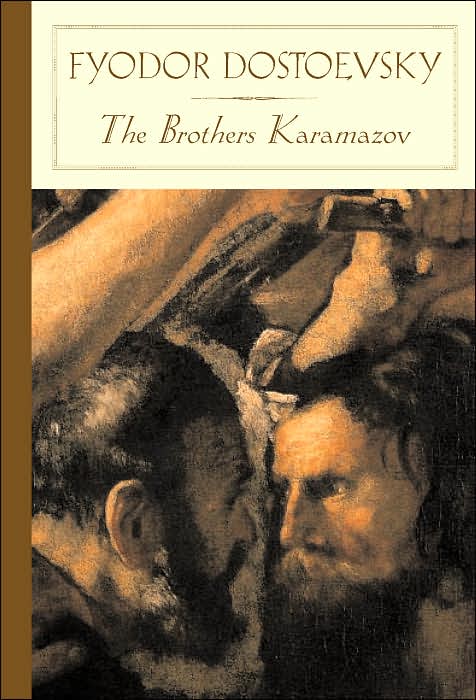
1st Sunday In Lent:
I know this sounds cliché, especially coming from a wanna be orthodox/catholic/anglican/anything-higher-church-than-Methodist ("Look at those Episcopalians with their light flakey Eucharist and their bright, airy Narthex. Boy would I like to dip my hand in their font.") but I just returned from a pilgrimage to the Holy Land. The thing about this pilgrimage, though, is that it was not planned. I was given the trip last minute from my lead pastor, who had a heck of a week prior to her planned trip and found out that she couldn't go. She and her husband, therefore, gave my wife and me their tickets a little less than a week before the trip left.
While this trip/pilgrimage was not planned, it came at a perfect time. I found out three days before leaving for the trip that I did not pass one of my ordination interviews at the conference level. Long story and much speculation about my failing this particular committee, but suffice it to say that I was in a pretty dry place spiritually when we left for the trip. (For my feelings about this process, see my other blog www.reluctantly&^%$*&#methodist.poopsandwich.gov.)
I don't know if it was a result of my own spiritual drought, or because of the overwhelming beauty of the place, but the most moving part of our trip for me was our time in the desert of temptation. We stopped at a breathtaking overlook, high on top of a hill. If we looked out in front of us there was the "valley of the shadow of death" that David was undoubtedly looking at when he penned his most famous Psalm. Down the valley to our right was the city of Jericho and to our left, in the distance shimmering on a hill, was Jerusalem. There was, however, nothing in between. A perfect place to get lost. A perfect place to fast and pray. A frighteningly peacful place to stay.
I wonder if in the lower moments of Christ's ministry, in Jericho with the sick or in Jerusalem with the twisted, did he long for the peace of the desert? Did Christ ever mentally go back to that place of temptation and long for the time that he had all the answers? The questions and problems were simple and easy-obvious temptation. In the desert, Satan was the clear enemy and the answers were well within reach. Life wasn't easy there, but it was obvious. The distinctions between right and wrong were as clear as those between dirt and water, life and desert.
There is something comforting about the desert. Something centering, clarifying that we don't get when we are in the throws of normal life. Certainly life is not lush in the desert, but it is simple. Food, water and prayer are about all of your concerns in the desert. Comfortingly simple.
This desert that I am in is in no way as profound as Christ's, nor is it as simple (or beautiful) as the desert of temptation. It is, however, seemingly obvious. Our ordination process is broken and inauthentic. My call, though questioned by the committee, has been clarified by the ensuing drought. In an odd way, I am comfortable here, more comfortable than in the lush land of affirmation.
Times inevitably come in life when we have to walk through the desert in preparation for what is to come. Those times can be times of great clarification and simplification. There is a comfort in that...but I fear that we were not called to comfort. We were not created to live in the desert. That is why all paths to the desert inevitably lead through the desert, on to what lies ahead.







